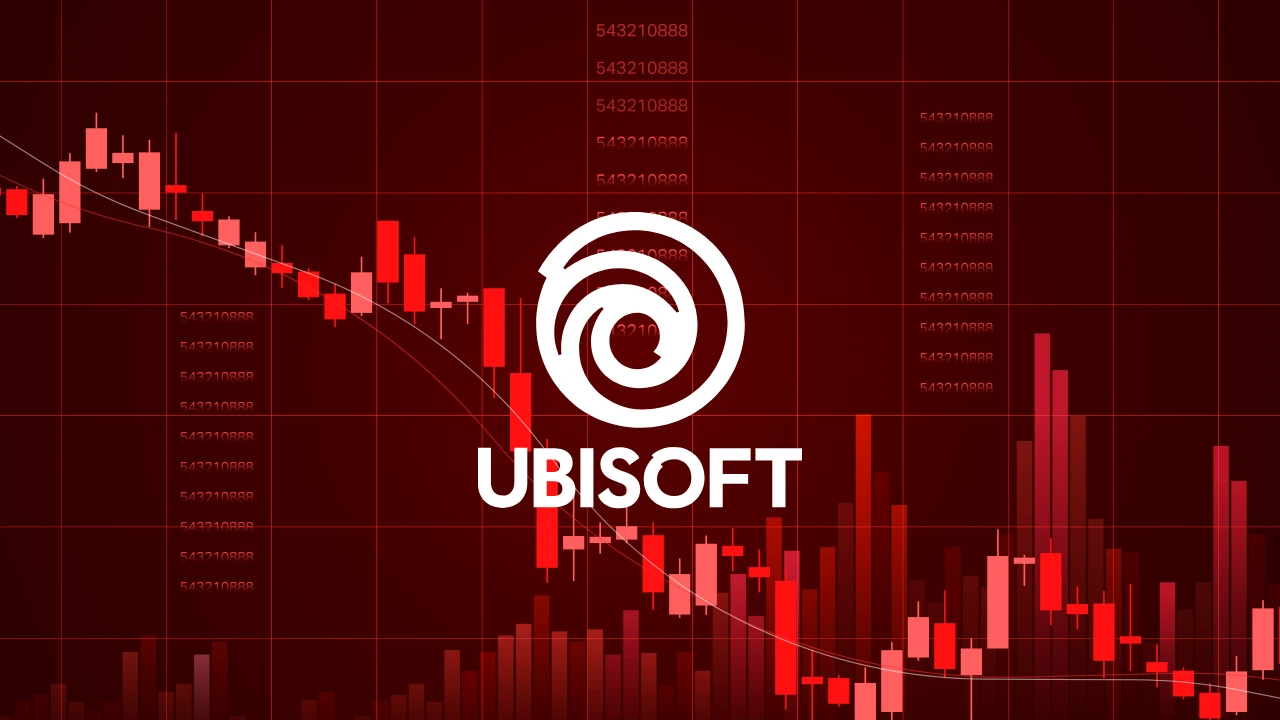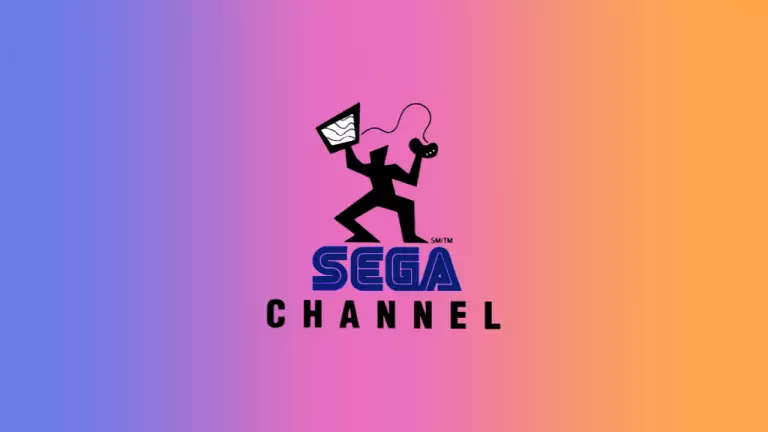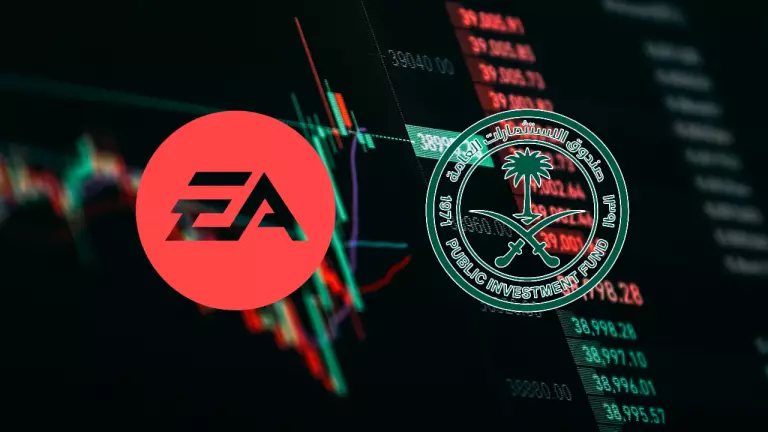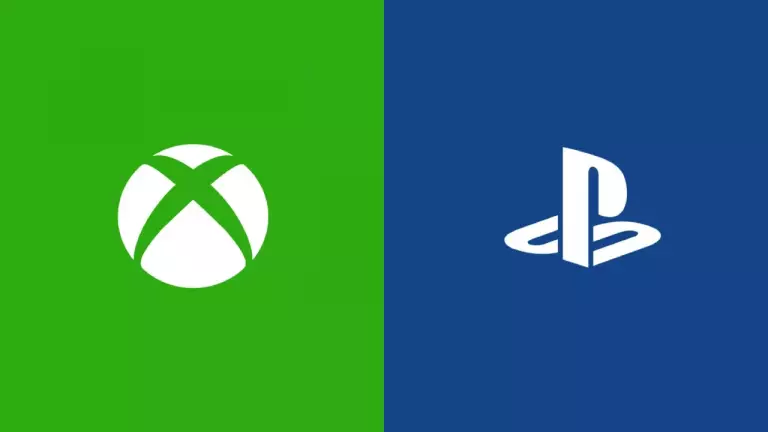On July 30, the A4 expansion of Pokémon TCG Pocket titled Wisdom of Sea and Sky was released, incorporating cards from the Johto region, and of course, among them are the legendary Lugia and Ho-Oh. Shortly after the new card sets were launched, a major controversy erupted when it was discovered that the immersive Ho-Oh card featured an illustration plagiarized from fan art published by the artist lanjiujiu in 2021.
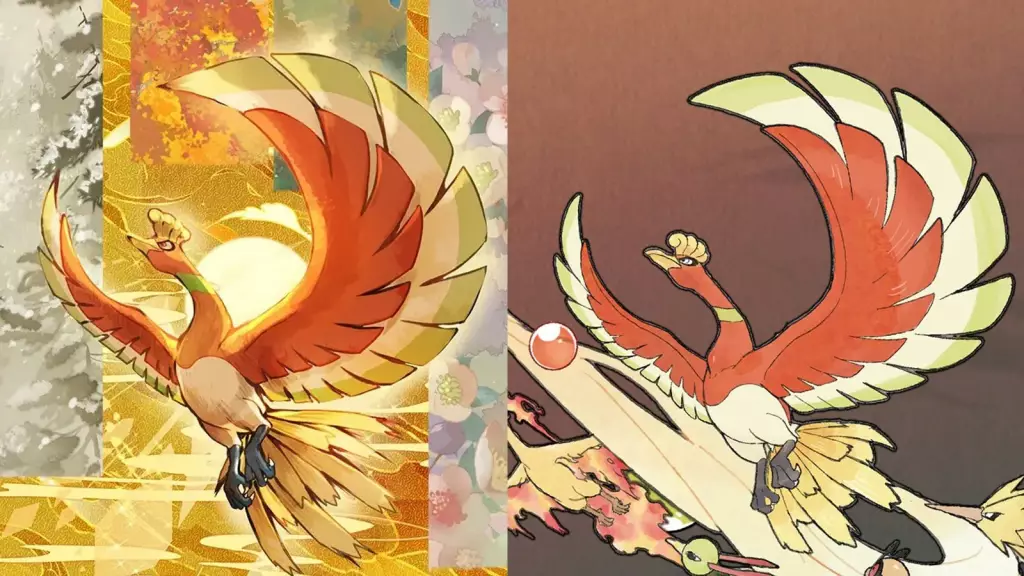
Left: Pokémon TCG Pocket card (inverted) // Right: Original Fan Art.
As a result of the uproar, the developers decided to remove the copied illustration and replace it with a placeholder reading “New art coming soon” while preparing a new illustration. No recognition was given to the original artist; they simply limited themselves to giving excuses and issuing a minimal apology through an official statement on their website, which essentially states the following:
“We want to share an important update regarding the upcoming expansion, Wisdom of the Sea and Sky. It has come to our attention that there was a production issue regarding the Ho-Oh illustration featured in the immersive artwork for Ho-Oh ex (3 stars) and Lugia ex (3 stars).
After an internal review, we discovered that the card production team provided incorrect materials as official documents to the illustrator tasked with creating these cards. As a result, both cards have been replaced with a temporary placeholder that the team is actively working to replace with new illustrations as soon as they are ready.
We are also conducting a broader investigation to ensure that similar issues do not exist in other parts of the game.
To all our players who have been waiting for this expansion, and to the talented illustrators who bring the Pokémon world to life, we deeply apologize for any inconvenience this may have caused. We take this matter very seriously and are committed to strengthening our quality control processes to prevent this from happening again.
Thank you for your understanding, patience, and continued support of the Pokémon Pocket Trading Card Game. We remain dedicated to providing an experience you can enjoy.”
Personally, I consider this a very poor excuse that reflects the negligence with which they operate the license. After all, they have guaranteed success no matter how many or how serious the mistakes they make. Legally speaking, they are covered—or at least that’s what the legal information on their website suggests—although there is no actual jurisprudence on the matter since no lawsuit has ever been formalized, and consequently, there is no legal precedent.
Pokémon’s legal terms theoretically allow them to avoid compensation
If we access the legal information section of Pokémon’s official website, we can read the following statement related to the use of derivative works based on their brand:
“The distribution in any form and through any channel now known or in the future of derivative works based on trademarks, service marks, trade names, and other proprietary property protected by copyright (Fan Art) of The Pokémon Company International, Inc., its affiliates, and licensees (Pokémon) constitutes a worldwide, royalty-free, non-exclusive, irrevocable, transferable, sublicensable license from the creator of the Fan Art to Pokémon to use, transmit, copy, modify, and display Fan Art (and its derivatives) for any purpose. No further consideration or compensation of any kind will be given for any Fan Art. The creator of the Fan Art waives any claim that the use of the Fan Art violates any of their rights, including moral rights, privacy rights, property rights, publicity rights, rights to credit for material or ideas, or any other rights, including the right to approve the manner in which such material is used. Unequivocally, Pokémon’s use of Fan Art constitutes a grant to the creator of Fan Art to use Pokémon’s intellectual property or Fan Art beyond personal, non-commercial domestic use.”
At first glance, this seems to legally shield The Pokémon Company, but as is often the case in the field of law, nothing is absolute since it can be interpreted differently depending on the court’s criteria and the regulations of each region. In this specific case, two major controversies arise.
Legal controversies regarding this
“The distribution… of derivative works… constitutes a worldwide, royalty-free, non-exclusive, irrevocable license… from the creator of the Fan Art to Pokémon.”
This is questionable from a legal standpoint since it establishes that the mere act of creating and distributing Fan Art implies that the creator automatically grants a license for their work to The Pokémon Company, which raises several issues:
- There is no explicit consent: A license must be granted voluntarily; it cannot be assumed that someone has accepted a license just by creating or sharing content.
- It violates moral rights: In several jurisdictions, such as in the case of Spain, moral rights cannot be completely waived, meaning the creator always retains certain rights over their work, such as being recognized as the author.
- Ambiguity about domestic use: The last sentence suggests a grant of intellectual property by Pokémon to the creator “beyond personal, non-commercial domestic use.” This contradicts itself, as it previously stated that the creator waives all rights.
“The creator of the Fan Art waives any claim […] including moral rights […]”
This section again presents a blatant violation of moral rights, which is invalid in the jurisdiction of most European countries.
Our conclusion
Without being a legal expert, it is enough to research for a while to discover that the legal framework with which The Pokémon Company intends to absorb the rights of all works based on their intellectual property is not as absolute as it seems, especially in European territory. Surely, this regulation is different in other regions, so the scope of action may vary depending on the origin of the affected creator. Currently, there has been no case where an artist has sued the company for the unauthorized use of fan art, and it will probably never happen given the power they hold. Therefore, there is still no jurisprudence on the matter, but it would be very interesting if this were to happen someday.



